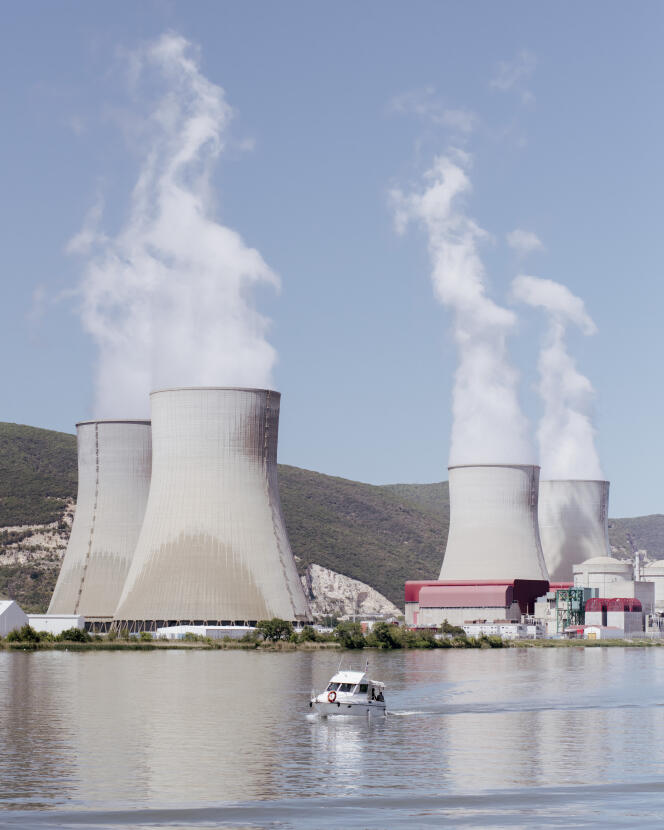
AThen environmentalists mobilized on Saturday June 17 to oppose the Lyon-Turin line project, the ambassadors of the twenty-seven countries of the Union were finally able to spend a quiet weekend. They agreed the night before on a much more crucial text for the protection of the planet, since it concerns Europe’s 2030 energy objectives. It ratifies the cap of 42.5% renewable energies in the continent’s energy consumption and, for the first time, it recognizes the role of nuclear power in the fight for the decarbonisation of the economy.
In an official and deliberately sibylline communication, the Commission points out that “fossil fuel-free energies, other than renewable energies, contribute to achieving the 2050 climate neutrality objectives for members who decide to use such energy sources”.
A small conceptual revolution! This was important for France, particularly in view of the very ambitious objectives of the directive to replace hydrogen produced by gas with its equivalent obtained with carbon-free electricity. Not only will nuclear power make it possible to do this, but deadlines have been obtained for the transformation from gray to green of ammonia plants, a basic element in the manufacture of fertilizers.
Endless soap opera
The diplomats therefore signed the armistice after months of battle between member countries on the subject. As always in this endless soap opera, mass has not yet been fully said. Monday, June 19, the European ministers could try to go back on the grounds of the legal precedent of the renegotiation of a decree already ratified. But Germany, which did the same with the one banning thermal cars in 2035, will find it difficult to play on this argument. There will also remain the passage to Parliament, before the signature finally by the Member States.
The European path therefore remains laborious. It struggles to adapt as quickly and efficiently as the United States does when it decides to subsidize the energy transition. On the other hand, it sets a very ambitious long-term course, which gives a horizon of adaptation to the economic world. And this visibility is good. Thus, the economist Sander Tordoir, of the Center for European Reform, ensures that Europe could well take the advantage quickly on green technologies.
Based on export figures for 220 low-carbon technologies, it shows that Europe’s share in this area has grown much faster, exceeding 20% market share, than that of the United States. (13%), in the face of Chinese domination in this area (34%). According to him, the shortening of supply chains as technologies mature reinforces this advantage. With nevertheless a corollary which will perhaps not restore the peace of the households in Brussels. The overwhelming majority of this European advance comes from Germany, well ahead of Italy and France. We can not have everything.



